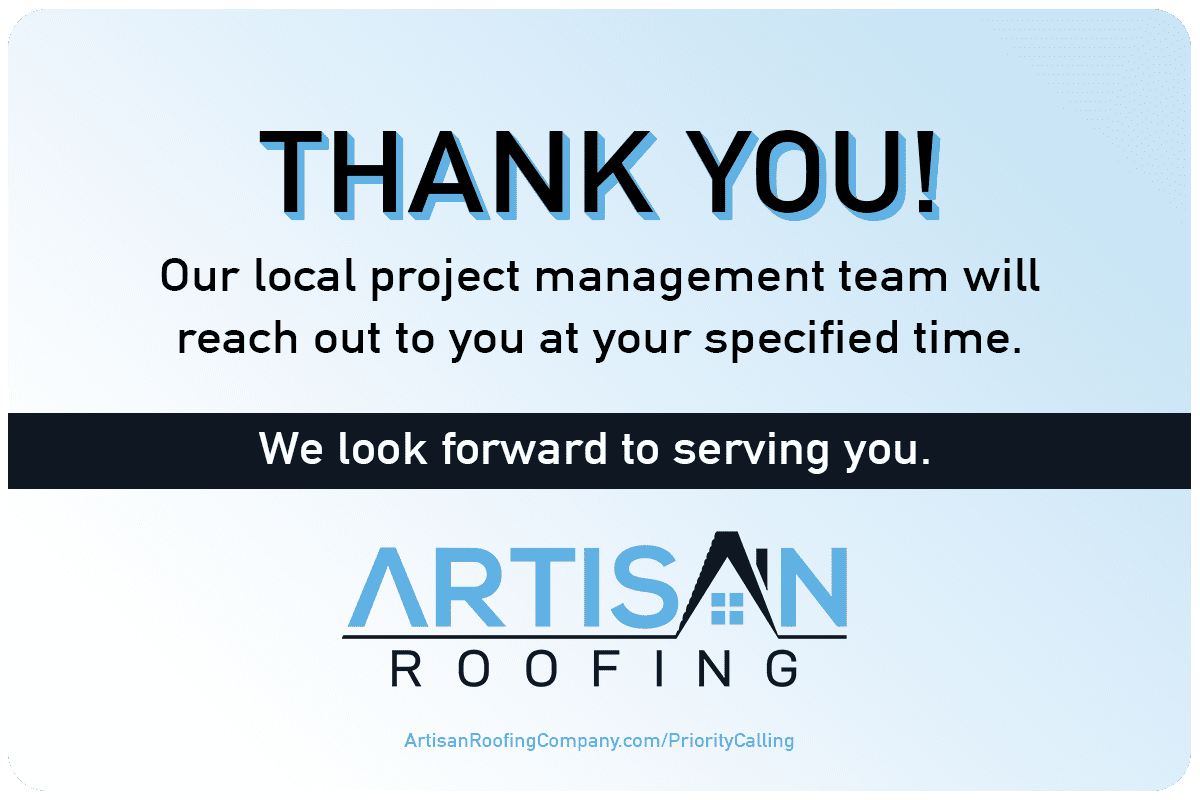A commercial roof is a critical component of any business establishment, providing protection against the elements and ensuring the safety of occupants and assets. Over time, however, even the most well-maintained roofs will deteriorate and require replacement. In this blog post, we will explore the importance of commercial roof replacement, its key benefits, and the considerations businesses should keep in mind when undertaking this significant investment.
- Enhanced Structural Integrity:
A worn-out or damaged roof can compromise the structural integrity of a commercial building. Over time, exposure to harsh weather conditions, UV rays, and moisture can lead to leaks, sagging, or weakened support structures. By replacing the roof, businesses can ensure the integrity of the entire building, preventing further damage and potential safety hazards. A new roof provides a solid foundation, offering protection for years to come.
- Extended Lifespan:
Commercial roofs have a finite lifespan, typically ranging from 20 to 30 years depending on the materials used and the level of maintenance. Regular inspections and maintenance can prolong the life of a roof, but eventually, replacement becomes necessary. By investing in a new roof, businesses can enjoy an extended lifespan and avoid costly repairs associated with an aging roof. A well-installed and properly maintained roof can provide decades of reliable protection and peace of mind.
- Improved Energy Efficiency:
Energy efficiency is a crucial consideration for businesses looking to reduce operational costs and minimize their environmental impact. An old or inefficient roof can lead to energy losses due to poor insulation, air leaks, or inadequate ventilation. By replacing the roof with modern, energy-efficient materials, businesses can significantly reduce heating and cooling expenses. Additionally, a new roof can contribute to obtaining green certifications and demonstrating a commitment to sustainability.
- Enhanced Weather Resistance:
Commercial roofs are subjected to a range of weather conditions, including heavy rain, snow, hail, and high winds. Over time, these elements can take a toll on the roof’s integrity, compromising its ability to withstand future weather events. By replacing the roof with durable and weather-resistant materials, businesses can ensure superior protection against the elements. This proactive approach reduces the risk of leaks, water damage, and potential disruptions to operations during severe weather conditions.
- Compliance with Building Codes and Regulations:
Building codes and regulations evolve over time, and older roofs may no longer meet current standards. When replacing a commercial roof, businesses have an opportunity to ensure compliance with the latest building codes and regulations. This not only enhances safety but also mitigates potential legal issues or penalties. Working with professional roofing contractors who are knowledgeable about local codes and regulations ensures that the new roof meets all necessary requirements.
- Increased Property Value:
A well-maintained and visually appealing roof can significantly enhance the value of a commercial property. Potential buyers or tenants are more likely to be attracted to a building with a new and well-constructed roof. Commercial roof replacement is an investment that can yield a higher return on investment by making the property more marketable and increasing its overall value.
- Professional Expertise and Warranty:
Commercial roof replacement is a complex and specialized task that requires professional expertise. Working with reputable roofing contractors ensures that the installation is done correctly and in compliance with industry standards. Moreover, professional roofers provide warranties on both materials and workmanship, offering businesses peace of mind and protection against any unforeseen issues. A warranty guarantees that the roof will perform as expected and provides recourse in case of any manufacturing defects or installation errors.
Commercial roof replacement is a critical investment for businesses, offering enhanced protection, extended lifespan, energy efficiency, and compliance with building codes. By proactively replacing an aging or damaged roof, businesses can avoid potential safety hazards, reduce long-term maintenance costs, and increase the overall value of

